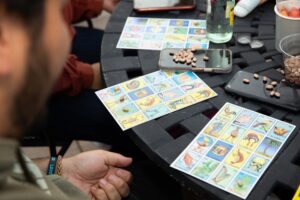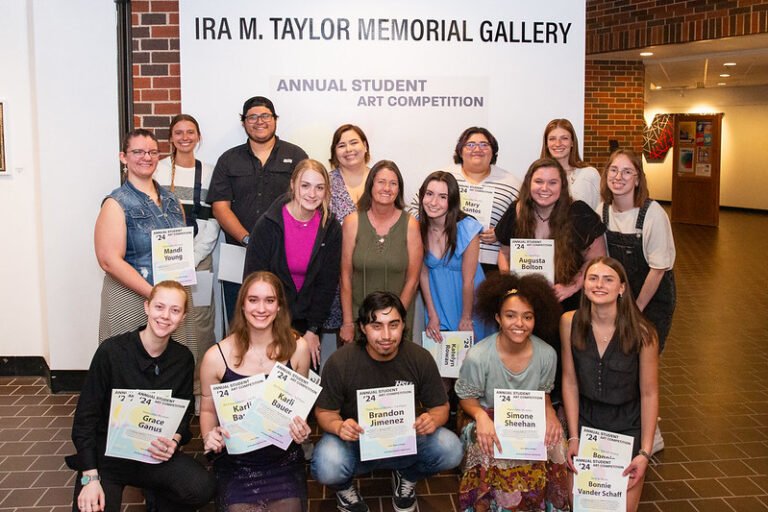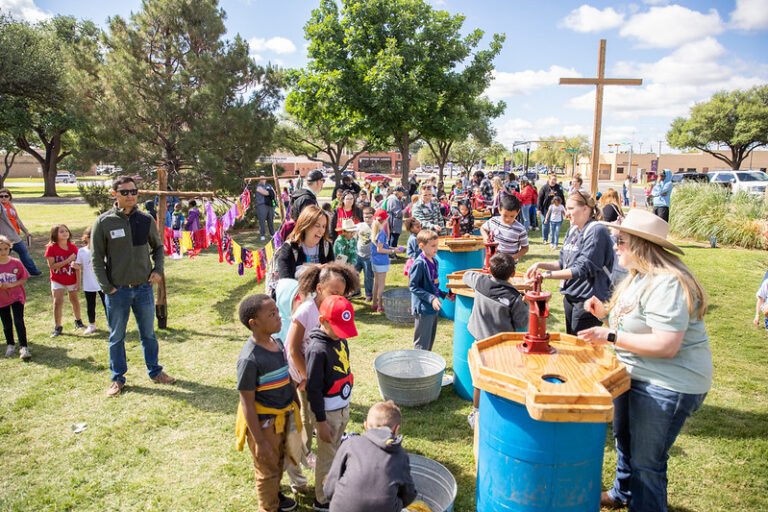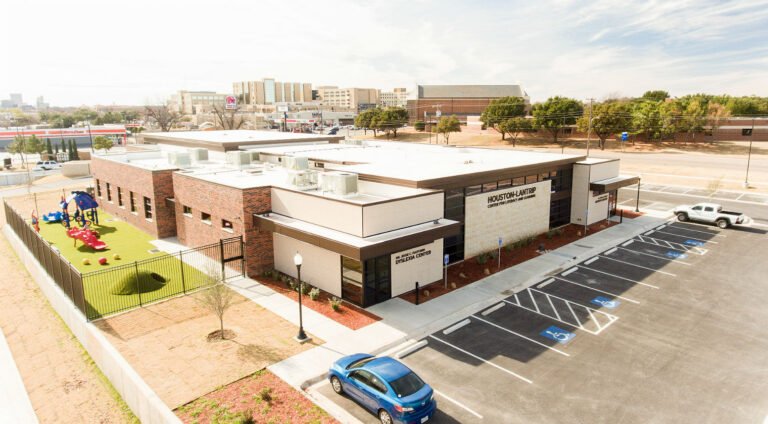Faculty Perspective: Hispanic Heritage Month

Each year, Americans observe National Hispanic Heritage Month from September 15 to October 15, by celebrating the histories, cultures, and contributions of American citizens whose ancestors came from Spain, Mexico, the Caribbean, and Central and South America.
The dates of Hispanic Heritage Month were decided in 1988 to pay tribute to a wide array of countries and cultures. The day of September 15 is significant because it is the anniversary of independence for Costa Rica, El Salvador, Guatemala, Honduras, and Nicaragua. In addition, Mexico and Chile celebrate their independence days on September 16 and September 18, respectively. The dates extend into October to pay homage to El Día de la Raza, Day of the Race, which celebrates the many countries colonized after the arrival of Christopher Columbus.

Dr. Tiffany Fink
Dr. Tiffany Fink, professor of history at Hardin-Simmons University, teaches courses related to the histories of the United States and Latin America, including Texas and the Southwestern United States, the American West, Native American Studies, Mexico and the Caribbean, Twentieth Century Latin America, and Cultural Geography.
She focuses on cultural geographical studies, emphasizing that culture is often linked to a place. “Culture doesn’t stop because a political entity has drawn a border.” Over the centuries and in present-day we are impacted by other cultures. Hispanic Heritage Month reminds us to recognize these diverse cultures and celebrate their individual beauty.
Dr. Fink went on the share, “Hispanic” is a broad term that does not reflect the many cultures and countries represented throughout the month. “We need to be more respectful and ask, ‘Hey, what term do you use?’” to spread awareness of the various ways one culturally identifies herself/himself.
The terms below have been simplified for introductory purposes; know there is a deep history behind each one.
- Hispanic- Descendants from Spanish speaking countries
- Latino/a- Descendants from Spanish speaking Latin American countries
- Chicano/a- Descendants of Mexican heritage
- Tejano/a- Descendants of Mexican heritage who live in Texas
- Yaqui- Descendants of Native American and Mexican heritage, seen in the Southwest U.S. and Mexico
- Academic vs. local- Depending on the setting and region, some terms are used interchangeably, which adds to the confusion.

Student Organizations, Sangre and Sabers, cohosted Bailes y Loteria to share in Hispanic traditions of games, dance, and food.
Dr. Fink reminds us, “Demonstrate if you love someone, educate yourself. It comes down to respect; do not assume you know.” The list above is incomplete and does not include Spanish speakers from Africa, nor does it completely capture Caribbean identity. Hispanic Heritage Month reminds us to learn more about these cultures.
Hispanic traditions have permeated into the wider culture and Dr. Fink encourages everyone to dig deeper to understand these traditions’ roots. Dr. Fink provided an example of this by sharing the history of mariachi bands. Mariachi bands were used to serenade and woo throughout Mexico. They were dispatched to perform beneath the window or balcony of a love interest. Per tradition, the intended would stay hidden in her home while listening to the performance. As the band began its second song, she would turn on her lights. On the third song, she would step outside to listen in the fresh air and reciprocate interest. This tradition of romantic courting provides much more context to the mariachi bands we see today and explains why they are a staple on date night at many Mexican restaurants.
“I yearn for people to want to know more. I want the community to be more educated about this beautiful culture.” The next time you witness a Hispanic tradition, research where it came from to better understand and appreciate it. If we are educated, “instead of appropriating, we are celebrating and embracing, saying, ‘I love your culture.’”

Sangre president, senior Maria Spinelli, at Bailes y Loteria.
Dr. Fink went on to share ways to celebrate Hispanic Heritage Month year-round: Firstly, read. Join a book club to spread awareness of authors and other stories. Watch movies and television shows that highlight different perspectives. Listen to music. “Collective community is important. Come together to celebrate with music, storytelling, and food.”
Hispanic Heritage Month may end on Oct. 15, but there are celebrations to partake in throughout the year to continue one’s awareness. Before this year ends, learn about Día de los Muertos in November and Posada in December. Dr. Fink reminds us, “The humanities tell the story of the human experience. Listen to someone tell their story.”



